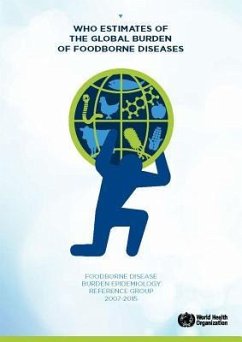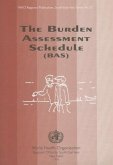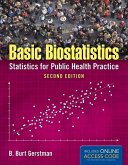Up to now, the global burden of illness and deaths caused by foodborne disease has never been quantified. In order to fill this data vacuum, the World Health Organization (WHO) together with its partners launched in 2006 the Initiative to Estimate the Global Burden of Foodborne Diseases. After an initial consultation, WHO in 2007 established a Foodborne Disease Burden Epidemiology Reference Group (FERG) to lead the initiative. Six taskforces were established under FERG, focusing on groups of hazards or aspects of the methodology. These taskforces commissioned systematic reviews and other studies to provide the data from which to calculate the burden estimates. This report is an outcome of a decade of work by WHO key partners and a number of dedicated individuals. Some additional findings--which cannot be integrated into this report--will be published and user-friendly online tools made available separately. This report and related tools should enable governments and other stakeholders to draw public attention to this often under-estimated problem and mobilize political will and resources to combat foodborne diseases.
Hinweis: Dieser Artikel kann nur an eine deutsche Lieferadresse ausgeliefert werden.
Hinweis: Dieser Artikel kann nur an eine deutsche Lieferadresse ausgeliefert werden.








